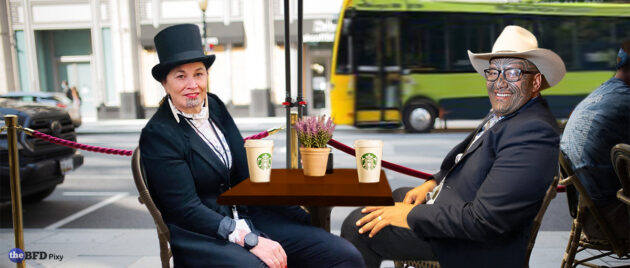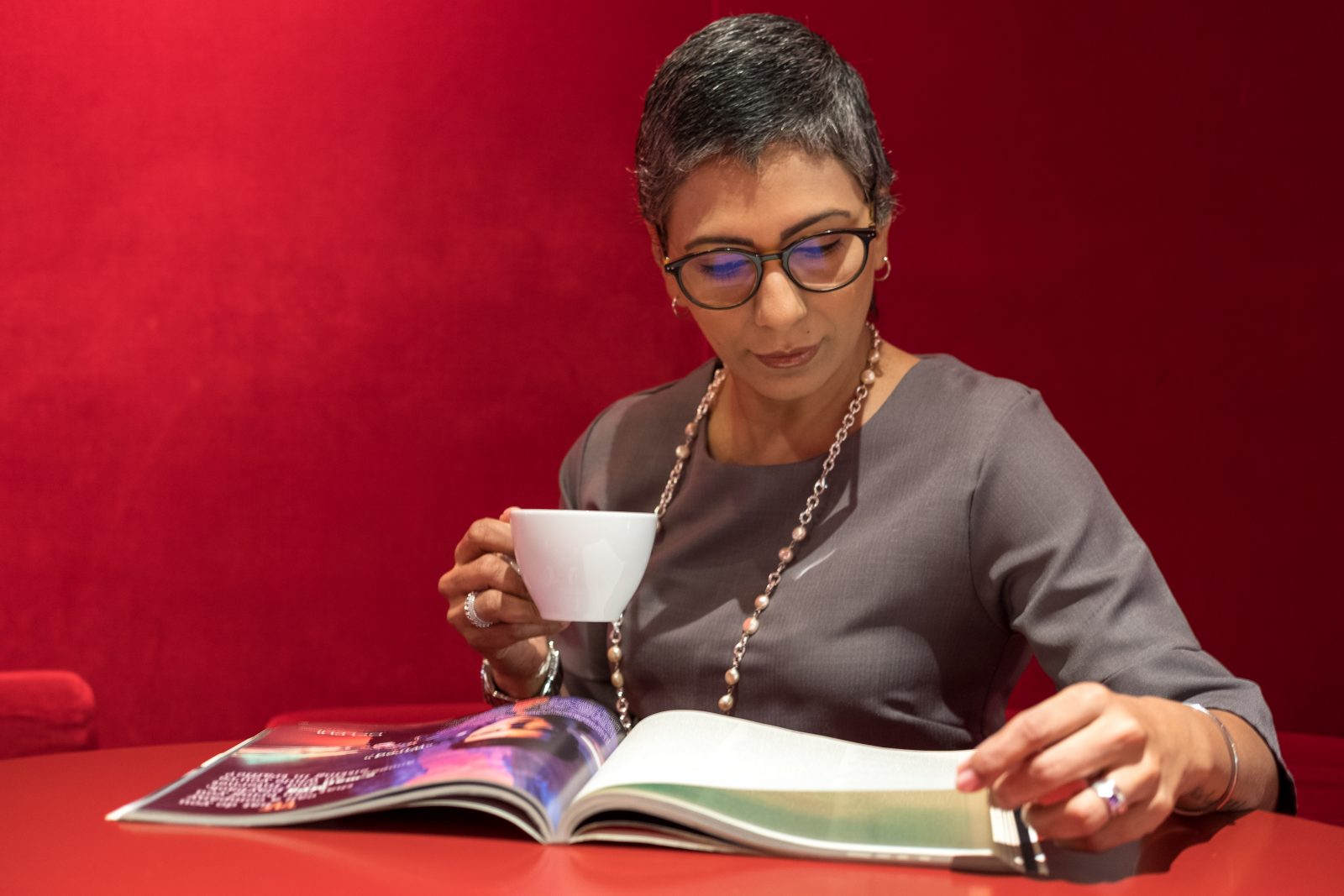If you don’t have a Silver level membership yet you are missing out on our Insight Politics articles and politicasts.
Today is a FREE taste of an Insight Politics article by writer Stephen Berry

#HeyRacist
As the political discourse in New Zealand becomes increasingly perilous and divisive, one can always count on the ethno-nationalist Maori Party to further stoke the fires of resentment. As the cancer of identity politics is emboldened, the rhetoric employed by its participants is becoming increasingly crude. The intent suggested by co-leader Debbie Ngarewa-Packer’s use of the term #heycoloniser, is worse than the term itself.
In the case of #heycoloniser, the word may as well be boomer, cracker or nigger given the offensiveness of its application. This is a term that can only be applied to white people as New Zealand was colonised by the British Empire. The implication is that the person called a coloniser is a foreigner, unwelcome, doesn’t have a right to be in the country and should leave. It also implies that not only does the person possess unearned advantages by virtue of their skin colour but also that they are responsible for unlimited crimes committed before they were born.
This self-victimisation and infliction of collective guilt upon others have the hallmarks of the prelude to the dekulakisation of landowners in Ukraine under Joseph Stalin’s reign of terror while ruler of the USSR during the 1930s. The incompetent, lazy and vengeful blamed the landowners for their own poverty instead of seeking to improve themselves. The result was the classicide of hundreds of thousands and the eventual starvation of millions. It is similar to the motivations for anti-semitism over the previous two millennia; resentment of another group for their perceived success and blame for your own failures.
Ngarewa-Packer’s has taken on the #heycoloniser slur in response to National’s ‘Demand the Debate’ campaign. This is due to the Government’s engagement in consultation with iwi and Maori organisations over the He Puapua report, a consequence of New Zealand signing the non-binding United Nations Declaration on the Rights of Indigenous People. So-called privileged white people will not be consulted until after this first round.
Of course, Ngarewa-Packer has the right to debate this issue, just as National has the right to demand it be debated. I don’t dispute that even though she actually doesn’t believe non-Maori should have that right. However, her starting salvo is the worst possible way to go about it. When an extreme-individualist like myself, who doesn’t care about the name of a country, the prolific use of Maori language or racial and cultural identity finds themselves this angry, can you imagine the impact her words will have on other white people?
A reasonable case could be put forward for justifying Ngarewa-Packer’s offensiveness based on how justifiably angry some Maori are by the treatment of their ancestors at the hands of the New Zealand government through most of New Zealand’s history. I’m certainly not going to defend the actions of New Zealand’s colonial government. However, is it an intelligent tactic to make the majority racial group in New Zealand as furious as she feels? If the treatment of her ancestors feeds her identitarian hatred today, what does she think the impact of her behaviour on white New Zealanders today for the crimes of their ancestors will be?
I suspect Ngarewa-Packer is completely aware of the impact of her words and, rather than being driven by what she perceives as Maori interests, is focused on growing support for her party in time for the 2023 election. This tactic would be electoral suicide for most political parties but because the Maori Party depends on racial seats, her constituents are more likely to be motivated by racial issues and motivations (otherwise why enrol in a racial seat?). Blaming another ethnic group for your hardships will resound more effectively in a Maori seat than a general seat. When the first multi-party elections took place in the individual Yugoslavian republics in 1990, most republics elected Nationalist governments and given each republic is defined by a majority ethnic group, it isn’t a surprise.
The other co-leader of the Maori Party, Rawiri Waititi, has reiterated his opposition to a debate on issues such as the name of the country or the appropriate role of the Treaty of Waitangi. This is because he argues the Treaty makes Maori and Europeans equal partners while Maori only make up 16.7% of the population and will always be defeated in a democratic contest.
It is no longer acceptable to say this in polite society (a bit like so-called misgendering of so-called gender diverse people) but given this division is being driven by racial nonsense, perhaps racial facts should be put back on the table. Most Maori have less than 50% Maori ancestry and many who identify as Maori have less than 16%. If their ancestry took a vote before the descendant cast theirs, Maori would be out-voted. If any Maori is blaming white privilege for their own poor outcomes, they themselves possess more of that privilege than not. Evidently, they have nobody else to blame but themselves.
The debate over racial separatism and national identity is one that must be had. Not because I think these things matter but because the Labour government started making radical changes to public policy and attempted to keep these changes under the radar. However, if some participants want to invent new racial slurs to throw into the debate, they will only create new racial hostility and that’s a New Zealand none of us should want.
If you enjoyed that FREE taste why not subscribe to a SILVER level membership today?
You will not only get access to Insight Politics articles like the one above and Cam’s politicasts but you will also gain access to all our puzzles, SonovaMin and BoomSlang’s fantastic cartoons, HangonaMin’s Satirical Woke Examiner and our private members’ forum MyBFD as well as enjoying ad-free viewing.
$25 a month ($6.25 a week) (89c a day)
$300 a year

